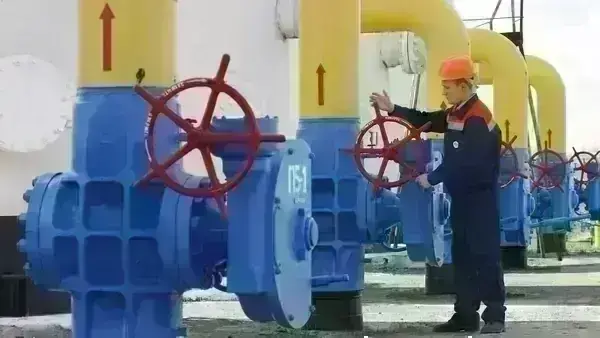Advancing Natural Gas Reform in Ukraine

The Donald J. Trump administration should place energy-sector reform at the center of its relationship with Ukraine. Doing so would constitute a low-risk, high-reward strategy for Washington to counter Moscow’s influence at the NATO border.
December 3, 2018

- Report
A prerequisite for Ukraine’s economic and political success is reform of its energy sector. Enduring corruption and mismanagement in the energy sector have generated pernicious budget deficits, eroded sovereignty, jeopardized energy security, and limited economic potential. Ukraine has been remarkably slow to introduce market reforms, and its sclerotic energy sector is at the center of its economic dysfunction. Ukraine’s energy sector remains a drain on taxpayers, a playground for corrupt oligarchs, and an unattractive destination for international investment.
Beginning in 2015, Ukraine moved to cut implicit subsidies on natural gas, adopted laws to restructure the state-owned oil and gas company Naftogaz, and halted imports of Russian gas. Unfortunately, Ukraine’s energy-sector reforms to date do not go far enough. To achieve lasting reform, Ukraine must curtail its population-wide subsidies, reinforce the independence of its energy regulator, and dismantle the monopolies that exist in every segment of the natural gas sector. The benefits that would result from these steps are manifold.
More on:
A prosperous and energy-secure Ukraine, capable of standing up to Russian interventionism, would advance U.S. foreign policy objectives in the region. Recognizing this, Washington already provides technical, financial, and military assistance to Kiev. But the United States can and should do more to help it achieve politically and technically complex reforms. Applying greater diplomatic pressure, providing technical assistance, and offering targeted financial incentives—and disincentives—could speed the pace of Ukraine’s reform efforts. The Donald J. Trump administration, which has not yet articulated a clear strategy toward the country, should place energy-sector reform at the center of its relationship with Ukraine.
More on:
 Online Store
Online Store